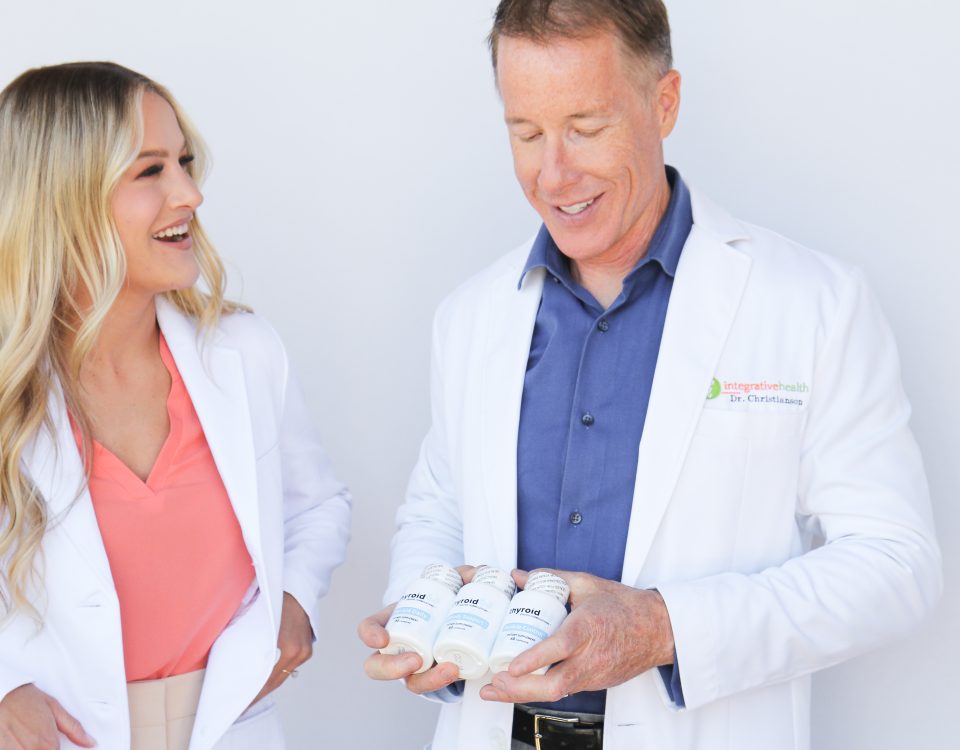How Much Protein Should You Have Per Meal?
Some used to think that there was a rather low limit of how much protein someone could absorb with one meal. Sources used to say numbers like 25 or 30 g. We now know this is not true. The body can absorb large amounts at one sitting with no problem. However, most find that much more than 35 or 40 grams is hard to eat at once.
We also know that it is helpful to have rather even amounts of protein throughout the day. When the body does not consume protein after 4-6 hours, it starts to withdraw protein from the muscle tissue. The difficulty is that it is easier to withdraw it than it is to replace it.
For that reason it is good to have protein with each of the main meals and possibly midmorning or mid afternoon if needed to hit one’s goals.
Most people who look at their protein targets and the amount of protein in their typical foods realize that it will be easier to reach their goal with a protein supplement. These can supply 25-40 extra grams of protein per serving and can be especially handy for first thing in the morning or between meal snacks.
The next question is what kind of protein to choose.
The main options on the market today include:
- Egg
- Soy
- Whey
- Casein
- Collagen
- Bone broth
- Paleo protein
- Beef protein
- Pea
- Hemp
- Mushroom
When choosing protein one should consider first whether it is safe for your thyroid. Many types have so much iodine, they can disrupt thyroid function with regular use. This consideration makes egg, whey, and casein poor options. They typically have 60-100 mcg of iodine per serving. That much does not fit well within a daily goal of under 100 mcg of iodine to improve thyroid health.
The next consideration is protein quality. Proteins are composed of amino acids. Some amino acids are essential – we need them and our bodies cannot make them. Proteins that lack essential amino acids simply don’t work.
In fact, it is even worse than that. Studies have shown that if someone is low in protein and they consume large quantities of a poor quality protein, they are worse off than they would have been without it. Poor quality protein is not just ineffective, it is counterproductive.
The two popular options that have unacceptably low amounts of essential amino acids are collagen, bone broth, beef protein, and paleo protein. All of these products are cow hides that were chemically digested. It is misleading that they even claim to contain protein. Whether they have other health benefits is not clear but their lack of effectiveness as a protein source is entirely clear.
Another consideration is cost-effectiveness. Of the remaining protein types, mushroom protein is otherwise a good option. But at this point, it is 3-5 times the cost per gram as other types of protein. Most products range from $5-10 per 35 gram serving. I like the idea of mushroom protein, but I don’t see any advantages over other proteins that justify the cost.
The remaining options are plant-based. Plant proteins are good options. Several recent studies have shown that they work as well as other proteins. They have been shown to help retain and grow muscle tissue and improve exercise recovery exactly as well as whey, casein, or egg protein.
Of plant proteins, pea and soy have the most bioavailable protein.
Last up is taste. Between pea and soy – pea wins hands down.
Pea protein is also the least likely to be allergenic. Many have allergies to dairy, eggs, or soy, but pea allergies are extremely rare.
It is worth mentioning that some people show pea as an allergen on the older versions of food allergy tests. In nearly all of these cases, people do not experience any symptoms when they eat peas. If they do not, the results are usually in error and this is one of the commonly known ways they can be misleading.
Pea protein also has the option of having the best acid/base profile. Proteins are intrinsically acidic. Those which are more alkaline are better for many facets of health and disease risk.
What should you have with your protein?
First thing in the morning is one of the best times of day for a good serving of protein. That first meal sets the stage for the rest of the day’s metabolism. When protein includes resistant starch, it keeps insulin levels lower throughout the entire day, making fat loss more possible.
Resistant starch also heals the intestinal lining and maintains a healthy balance of intestinal flora. It keeps blood sugar from elevating after meals, even 9 hours later.











